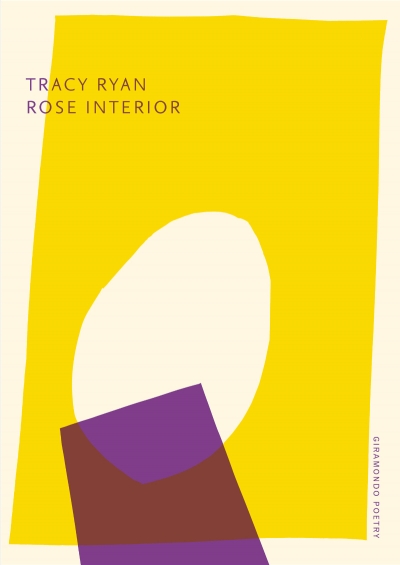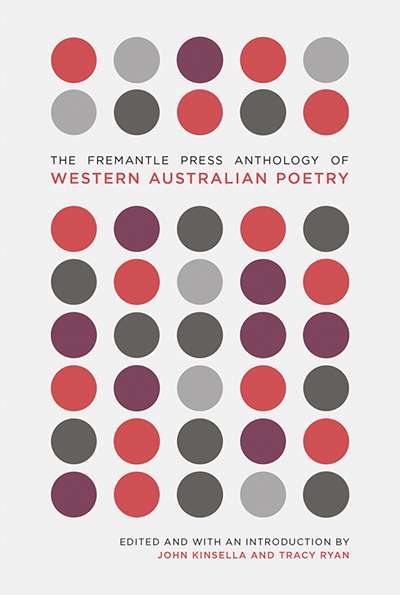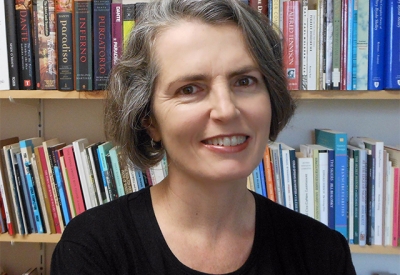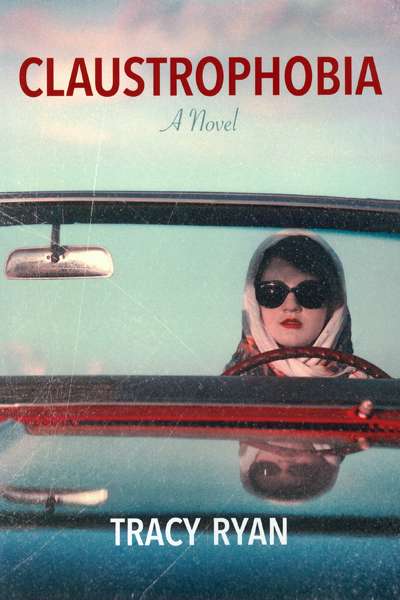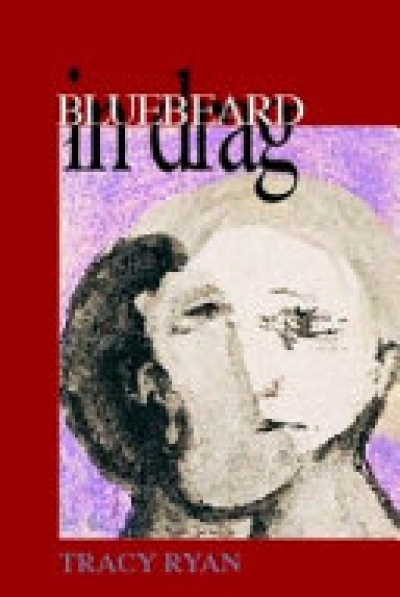Tracy Ryan
This time around / they say, we won’t / be at loggerheads, // we’ve understood / you can’t measure up, / we’ll do maths & spelling
... (read more)The Fremantle Press Anthology of Western Australian Poetry edited by John Kinsella and Tracy Ryan
Just knowing those colours makes it safer
already and how they'll change anyway by the time
you, thirteen now, are old enough for elsewhere: ...
Lesbia Harford would have been interesting to meet, because of her unconventionality and political views, in addition to the poetry. Earlier, Percy Shelley, for similar reasons.
... (read more)I am building my roof of turf my peaty sheath
a coveted blanket roll me up in it and I go out
like a light like the wisp rising at night
that country people swear they see and steer clear of
Because in a foreign city even at eight
he needs the familiar nearby, to hitch
the gaze like the reins of that lacquered
horse to a fixed spot, in order to let loose,
To be alone in the wide room
in the house’s crooked elbow, turning point
for extensions as the family grew
and grew – and grew – to be alone in the one room
nobody needed now, though it might be resumed
like land, for guests or blow-ins, at any moment,
without notice (and that was part of
the appeal, the very tenuous feel of the place) to play the ...

